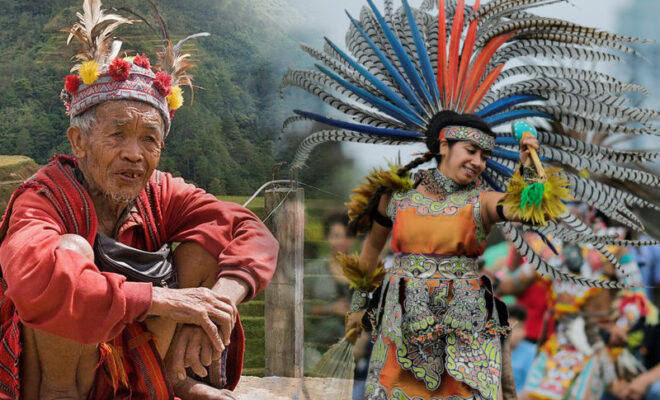World Indigenous Day 2022: History, Theme And Significance

Today, the world is celebrating ‘World Indigenous Day’. This year the theme is “The Role of Indigenous Women in the Preservation and Transmission of Traditional Knowledge.”
Around the world, August 9 is observed as International Day of the World’s Indigenous Peoples.
The festival emphasizes the value of protecting indigenous people’s rights, communities, and the knowledge they have accumulated and passed down over the years.
Also Read: International Cat Day 2022: History, Significance and Activities
In the section below, we examine the celebration’s history, topic for this year, and significance.
Theme of World Indigenous Day
This year’s International Day of the World’s Indigenous Peoples is centered around the topic of “The Role of Indigenous Women in the Preservation and Transmission of Traditional Knowledge.”
Indigenous women play a crucial role in preserving traditional knowledge, which can benefit contemporary civilizations.
They defend the rights of indigenous peoples around the world while preserving their ancestral natural resources and ancestral regions.
However, indigenous women remain underrepresented globally and continue to experience various forms of violence and prejudice.
On August 9, 2022, the UN DESA summit is slated to cover these topics. A virtual meeting will be held because of the COVID-19 epidemic.
Participants are encouraged to include indigenous peoples, UN members and other organizations, members of the civil society, and members of the general public.
Speaking about COVID-19, the meeting will also cover the role of local medical expertise in combating the Coronavirus pandemic.
History of World Indigenous Day
The UNGA enacted resolution 49/214 on December 23, 1994, designating August 9 as the International Day of the World’s Indigenous People.
Also Read: World Lung Cancer Day 2022: Krishnan Iyer Heals Patients By Playing Flutes & Harmonica
The inaugural meeting of the UN Working Group on Indigenous Populations was held on this date in 1982.
The UNGA had declared December 10, 1994 to be the beginning of the International Decade of the World’s Indigenous People on December 21, 1993. 1993 was also designated as the International Year of Indigenous Peoples of the World.
Significance of of World Indigenous Day
Indigenous and tribal groups and traditions enable us to reflect on our ancestry. Recognizing the knowledge that indigenous people have amassed is important both from a cultural and scientific standpoint.
Over millennia, ancient tribes had honed their survival techniques and found cures for diseases that have been of great assistance to modern scientists.
In addition to science, it is crucial to comprehend and preserve indigenous languages, spiritual practices, and philosophical systems.



